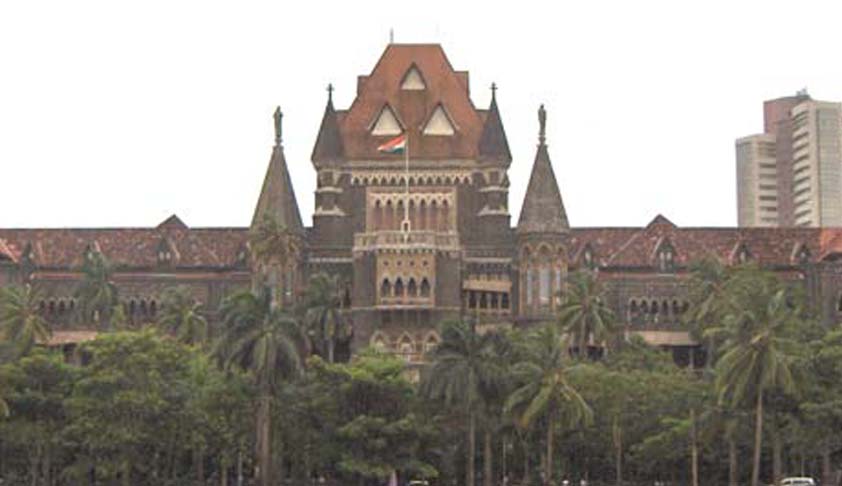Bombay High Court says, discharging on parole not an absolute right
LIVELAW NEWS NETWORK
24 March 2014 2:08 PM IST

Next Story
24 March 2014 2:08 PM IST
While rejecting petitions challenging the validity of the rules restricting a prisoner from applying for parole before the completion of one year from the expiry of his last parole, the Nagpur Bench of the Bombay High Court comprising Justices B.R. Gavai and A.S. Chandurkar observed in their judgment that there was no merit in the challenge to the validity of the amendments to the Prisons...
